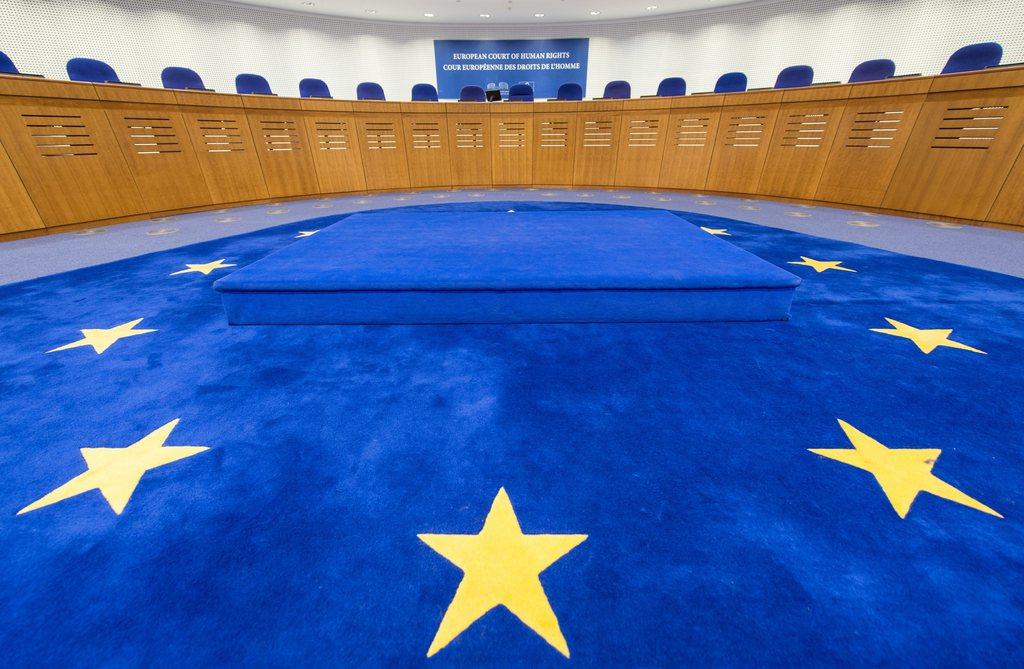
Court finds Switzerland violated rights of Iraqi

The European Court of Human Rights has reprimanded Switzerland for freezing an Iraqi man’s assets without a fair hearing. The case demonstrates the difficulties of enforcing inflexible UN sanctions while respecting international human rights conventions at the same time.
In Tuesday’s Grand Chamber judgment, the court in Strasbourg, France, found that Switzerland had denied an Iraqi businessman, Khalaf al Dulaimi, the right to a fair hearing after freezing his personal and business assets located in Switzerland.
It also says that the Swiss authorities should have verified the sanctions list drawn up by the United Nations Security Council.
During Saddam Hussein’s regime, the man had served as the chief financial officer of Iraq’s secret service.
As a result, his name as well as that of his business had appeared on a list of people and entities subject to UN sanctions. In a press release, the court stated that Switzerland had “had a duty” to ensure that the list was not arbitrary.
“The Federal Court had merely verified that the applicants’ names actually appeared on the Sanctions Committee’s lists and that the assets concerned belonged to them. The applicants should, on the contrary, have been given at least a genuine opportunity to submit appropriate evidence to a court, for examination on the merits, to seek to show that their inclusion on the lists had been arbitrary. Consequently, the very essence of their right of access to a court had been impaired,” according to the human rights court.
Unexpected
Jörg Künzli, professor of international law at Bern University, is less surprised by the verdict but by the court’s conclusions.
“The court found there’s no contradiction between the legal system of the European Court of Human Rights and that of the UN,” he told public radio SRF.
Künzli says Switzerland will have no choice but to ask the UN for further information on the case and possibly unfreeze the asset if there is no evidence that it was justified to blacklist the Iraqi citizen.
Swiss stance
The Swiss authorities froze the assets in 2006, and the man filed an appeal with the Swiss Federal Court.
In 2008, that court ruled that the UN sanctions list was binding, and that Switzerland was not authorised to verify its validity.
The man then took his case to the Strasbourg court, which found in his favour in a first instance in 2013.
Switzerland requested that the case be heard before the Grand Chamber of the human rights court, which issued its ruling on Tuesday.
About CHF200 million ($208.2 million) in assets are currently frozen in Switzerland, according to the Neue Zürcher Zeitung newspaper.

In compliance with the JTI standards
More: SWI swissinfo.ch certified by the Journalism Trust Initiative





























You can find an overview of ongoing debates with our journalists here . Please join us!
If you want to start a conversation about a topic raised in this article or want to report factual errors, email us at english@swissinfo.ch.